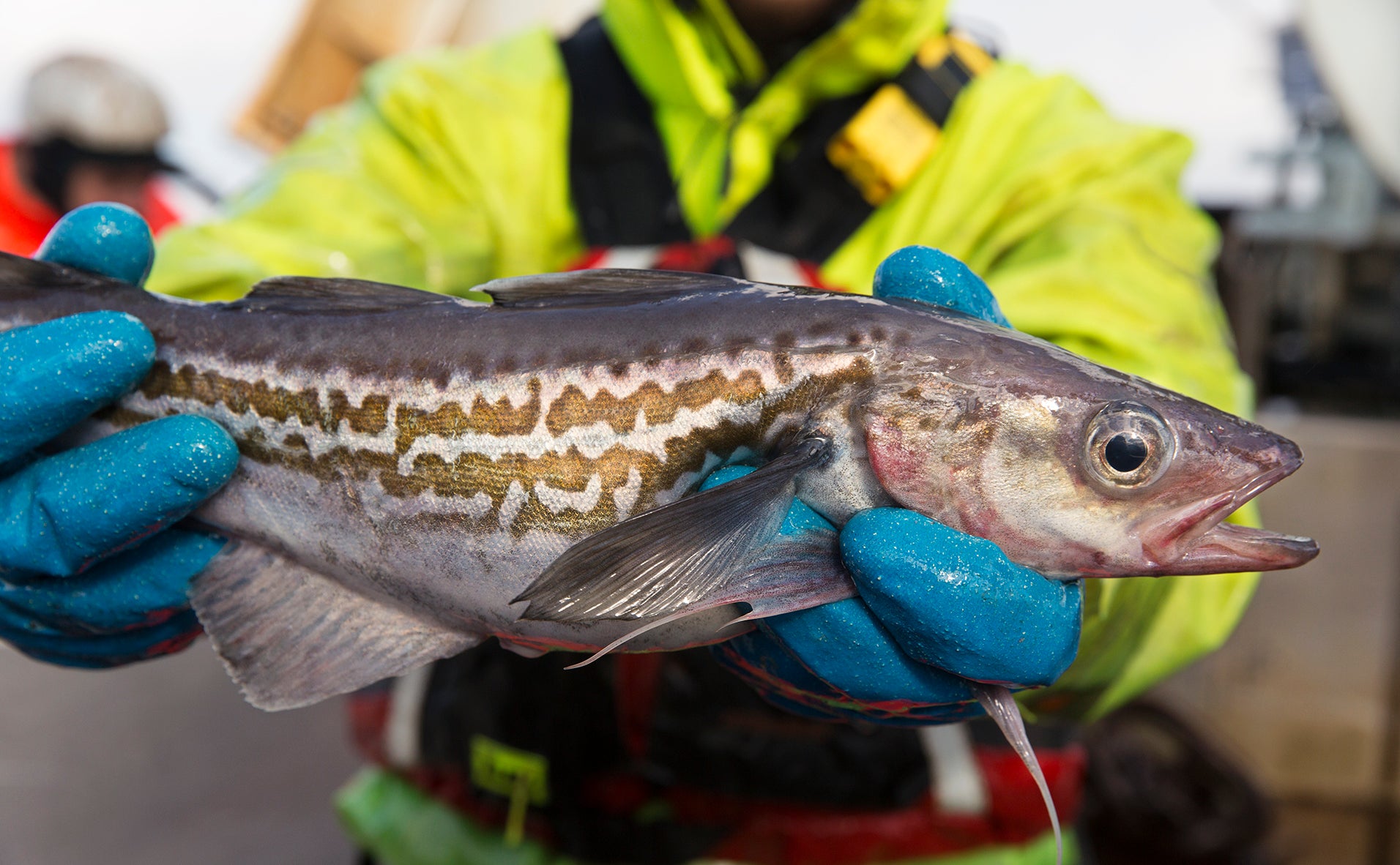The following originally appeared as an op-ed in the Anchorage Daily News. Its author, Jeff Crain, is captain of the FV Sovereignty for Trident Seafoods.
I grew up in Alaska and have spent much of my life – 43 years – fishing the Bering Sea. I captain the F/V Sovereignty, a 165-foot catcher boat that’s part of the commercial pollock fleet.
From the helm of my vessel, I have a front-row seat to the Bering Sea that provides so much to so many Alaskans, including me. I met my wife at sea and my son now fishes with me. Being a Bering Sea commercial fisherman, I also see the impacts of recent salmon and crab declines – and am aware of the arguments from those who would like to see a ban on pollock trawling.
As the second largest commercial fishery in the world, Alaska’s pollock fishery is an easy target. However, I wish that Alaskans knew more about the pollock fishery and how it operates, because we could have a different conversation.
I’ve testified before the North Pacific Fishery Management Council meetings and heard the heartbreaking testimony of in-river fishermen and women who can’t practice cultural traditions at their fish camps. Their pain is real and hearing their stories reminds me why I work so hard to avoid incidental catch, especially salmon.
Most Alaskans are unfamiliar with pollock fishing and don’t know the extent to which we go to fish smarter and responsibly, to protect the marine ecosystem, and to ensure the pollock fishery remains healthy.
I'm proud to say the [Wild Alaska] pollock fishery is very clean; we model how to operate responsibly.
The first thing Alaskans need to know is that all trawlers can’t be lumped together. We’re not the same. We fish for different species, using different techniques, in different locations, and with different results and impacts. I’ve seen a lot of change — how we used to fish is not how we fish today. There was waste when I first started. Today, we are more responsible stewards of what we take from the ocean. Improvements have been made, and some fisheries still have room to get better. But I’m proud to say the pollock fishery is very clean; we model how to operate responsibly.
What does that look like? Chinook avoidance is one of, if not the top, priority every time I set my net. We’re always trying to fish smarter, use new technology, with a goal of getting the number of chinook as low as possible. Every pollock vessel is required to use a salmon excluder in its net. I also have a high-definition camera attached to my net and can see what I’m catching in real time. That live feed coupled with the salmon excluder helps me fish smarter. This year, my boat has harvested millions of pounds of pollock and only 22 chinook, and every one of those fish was counted and recorded by an independent federal observer.
The pollock fleet is here and a willing partner to explore real solutions and innovations that ensure Alaska's fisheries management remains the best in the world.
Fishing techniques are another way we avoid incidental catch. We minimize the time our nets are in the water, and we actively share information across the fleet about the depths and locations where we see salmon present out on the fishing grounds. The whole fleet works together at sea, constantly communicating and sharing information with the goal of minimizing the encounter of incidental fish like salmon.
The challenges our fisheries and fishing dependent communities are facing are real. The pollock fleet is here and a willing partner to explore real solutions and innovations that ensure Alaska’s fisheries management remains the best in the world. Let’s start a genuine dialogue based on science and facts and develop impactful solutions.
Jeff Crain is a longtime Alaska resident, now living in Seattle. He is captain of F/V Sovereignty.
